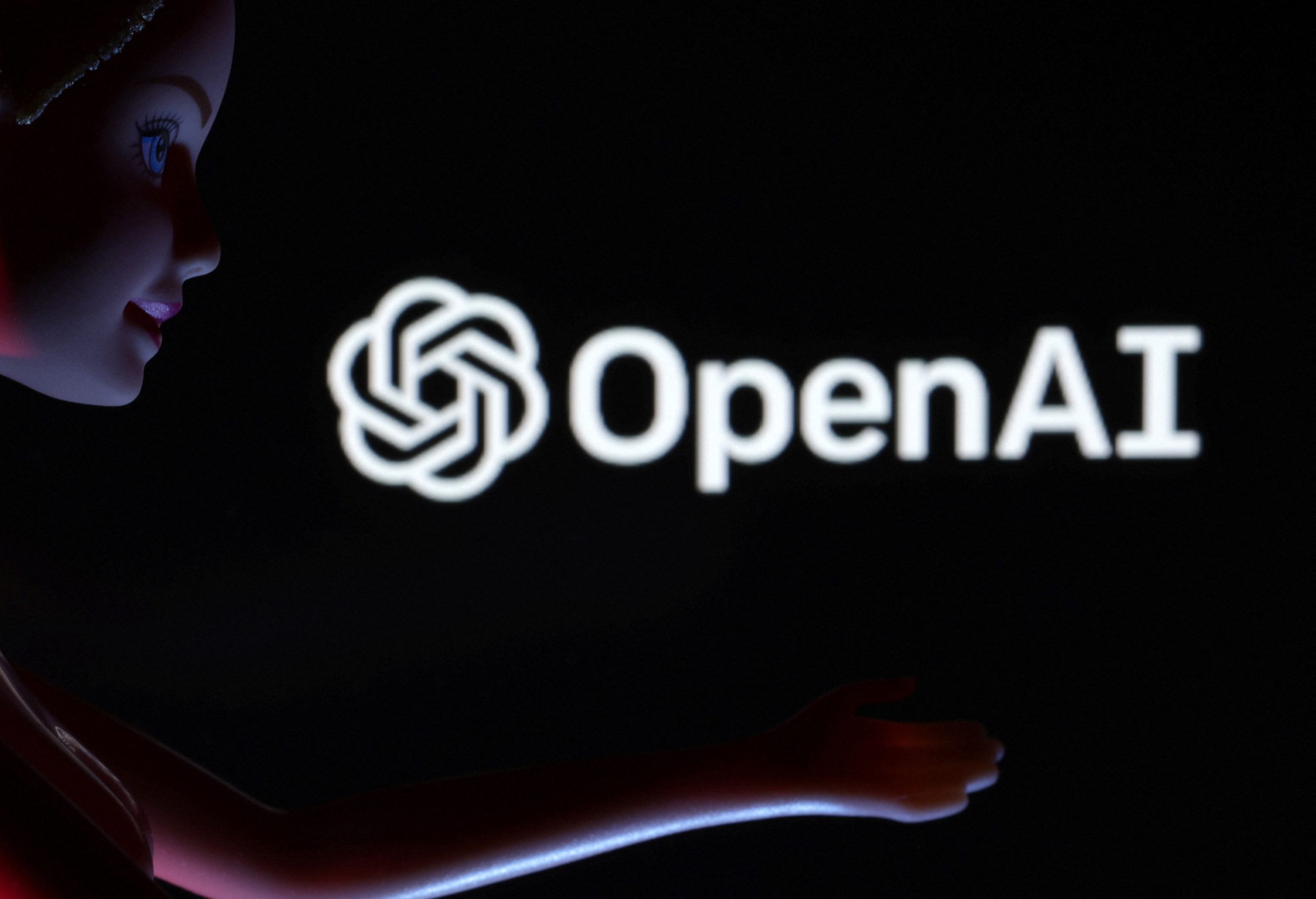Hustler Words – Court documents filed earlier this month, stemming from a trademark dispute between OpenAI, Jony Ive’s io, and Google-backed startup iyO, reveal fascinating insights into OpenAI’s ambitious foray into AI hardware. The filings, part of a lawsuit alleging trademark infringement by iyO, shed light on OpenAI and io’s year-long research into a mass-market AI device, a project that has led to the temporary removal of promotional materials related to OpenAI’s $6.5 billion acquisition of io, per a court order.
The documents detail OpenAI and io’s extensive market research, including the purchase of over 30 headphone sets from various manufacturers. Furthermore, emails included in the evidence reveal meetings between OpenAI and io executives and iyO’s leadership, where io’s in-ear technology was demonstrated. However, contrary to initial speculation, OpenAI’s first collaborative device with io might not be an in-ear product at all.

Tang Tan, io’s chief hardware officer, stated in a court declaration that the prototype showcased in io’s launch video, and mentioned by OpenAI CEO Sam Altman, is neither an in-ear nor a wearable device. Tan emphasized that the design remains in flux and the product is at least a year from market launch.

Related Post
While the exact form factor remains shrouded in mystery, Altman previously hinted to OpenAI employees that the device would be compact enough to fit in a pocket or sit on a desk. He described it as a "third device," complementing smartphones and laptops, and possessing a comprehensive understanding of its user’s environment. Altman’s declaration to the court affirmed io’s intention to create "products that go beyond traditional products and interfaces."
OpenAI’s legal team further clarified that their exploration has encompassed a diverse range of device types, including "desktop-based and mobile, wireless and wired, wearable and portable" options.
The filings also expose a meeting between OpenAI’s VP of Product and io’s leadership with iyO’s CEO, where iyO’s in-ear product was tested and reportedly failed to perform reliably. Despite this, emails suggest that OpenAI and io explored acquiring a 3D ear scan database from The Ear Project, potentially for ergonomic design purposes. iyO’s attempts to collaborate further with OpenAI and io, including investment proposals and even an offer to sell the entire company, were ultimately unsuccessful.
While smart glasses are gaining traction in the AI-enabled device market, OpenAI’s pursuit of a "third device" suggests a more innovative approach. The company’s current trajectory indicates a potential launch date over a year away, leaving the tech world eagerly anticipating the unveiling of this enigmatic device.










Leave a Comment